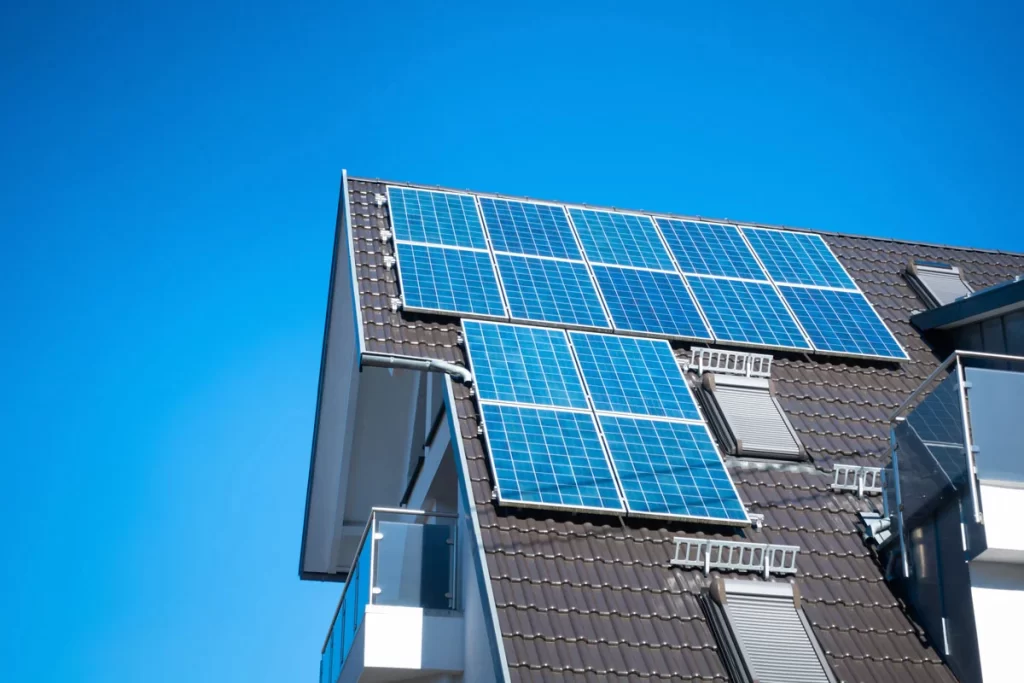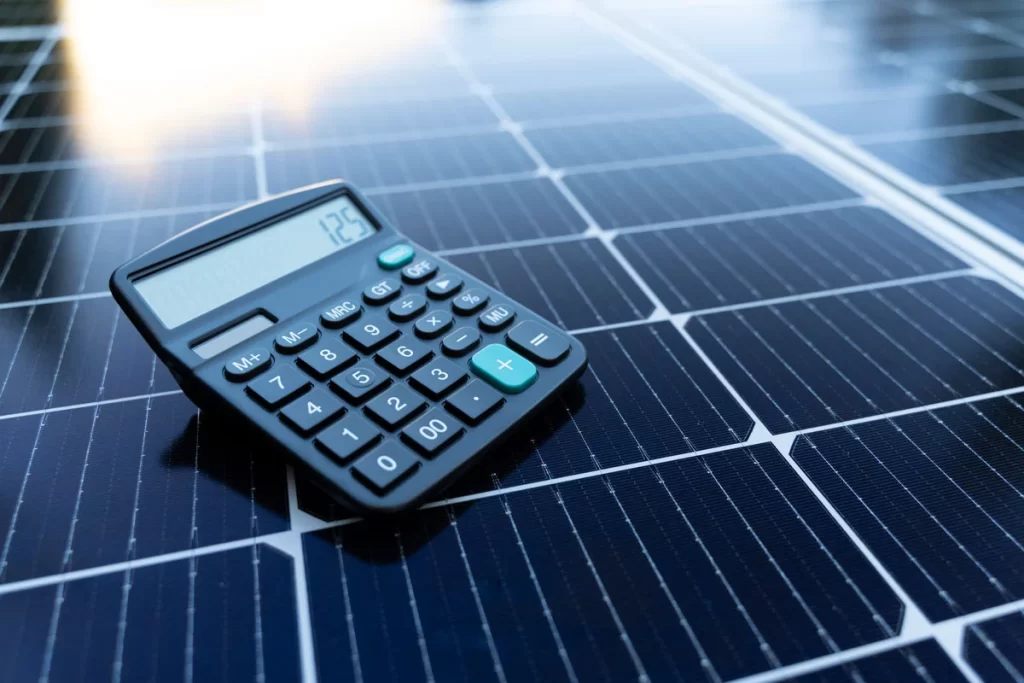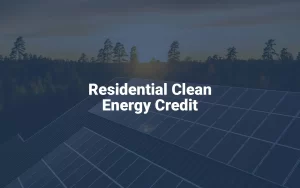As sustainability takes center stage, now is the ideal time to discover the advantages of the Residential Clean Energy Credit. This incentive lets homeowners recover a significant portion of the costs for installing qualified clean energy property. At Tax Financial Solutions in Montebello, serving LA and OC counties, we’re here to guide you through maximizing your savings with this tax credit

How It Works: Clean Energy Credit Overview
The Residential Clean Energy Credit offers a generous 30% credit on the costs of new, qualified clean energy property installed between 2022 and 2032. It’s important to note that this percentage will gradually decrease to 26% in 2033 and 22% in 2034. This credit isn’t just a one-time deal — you can claim it annually until it begins to phase out in 2033.
Fuel Cell Property Limits: A Brief Note
For those investing in fuel cell property, there’s a specific limit of $500 for each half kilowatt of capacity. In cases where multiple individuals reside in the same home, the combined credit for all residents cannot exceed $1,667 for each half kilowatt of fuel cell capacity.
Who Qualifies for the Residential Clean Energy Credit?
The good news is that both homeowners and renters can claim this credit for improvements made to their main residence. However, if you’re a landlord or property owner who doesn’t live in the home, this credit won’t apply. Additionally, if you use your property solely for business purposes, you’re ineligible for the credit.
For those who use their homes partly for business, the credit is available based on the percentage of expenses allocable to nonbusiness use.
Qualified Expenses: What’s Covered?
The Residential Clean Energy Credit encompasses a variety of qualified expenses, such as the costs associated with new clean energy property, including:
- Solar electric panels
- Solar water heaters
- Wind turbines
- Geothermal heat pumps
- Fuel cells
- Battery storage technology (beginning in 2023)
It’s important to note that used (previously owned) clean energy property does not qualify. Additionally, labor costs for onsite preparation, assembly, or original installation of the property, as well as piping or wiring to connect it to the home, are considered qualified expenses.

Navigating Subsidies, Rebates, and Incentives
When calculating the credit, it’s crucial to consider subsidies, rebates, and other financial incentives, as they are deducted from qualified property expenses. Public utility subsidies for buying or installing clean energy property are subtracted from qualified expenses. However, utility payments for clean energy sold back to the grid, such as net metering credits, do not affect qualified expenses.
Rebates are subtracted if they meet specific criteria, including being based on the cost of the property and coming from someone connected to the sale.
Standards for Qualified Clean Energy Credict Property
To qualify for the Residential Clean Energy Credit, clean energy property must meet certain standards:
- Solar water heaters must be certified by the Solar Rating Certification Corporation or a comparable state-endorsed entity.
- Geothermal heat pumps must meet Energy Star requirements at the time of purchase.
- Battery storage technology must have a capacity of at least 3 kilowatt hours.

How to Claim the Credit: A Simple Process
Claiming the Residential Clean Energy Credit is straightforward. File Form 5695, Residential Energy Credits, with your tax return in the year when the property is installed, not just when it’s purchased.
At Tax Financial Solutions, we understand that navigating tax incentives can be complex. Our team of experts is here to simplify the process, ensuring you benefit from the Residential Clean Energy Credit to the fullest extent. Take the step towards a more sustainable and cost-effective future with Tax Financial Solutions — your trusted partner in tax services. Contact us for more information.


